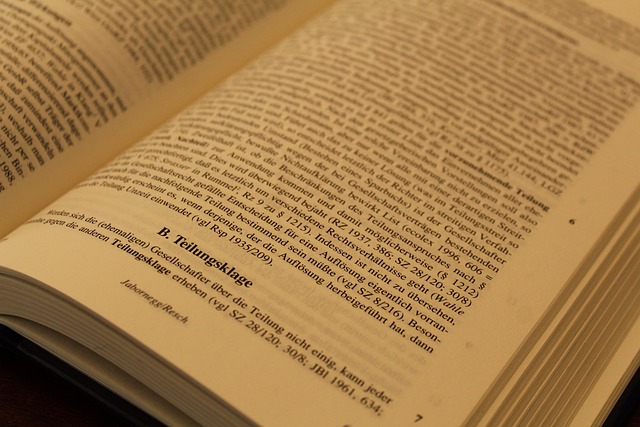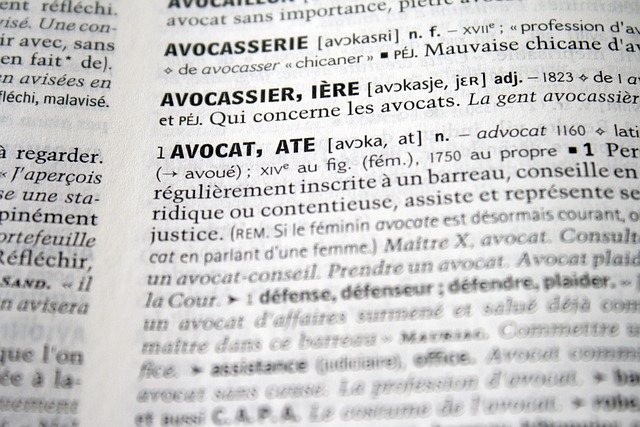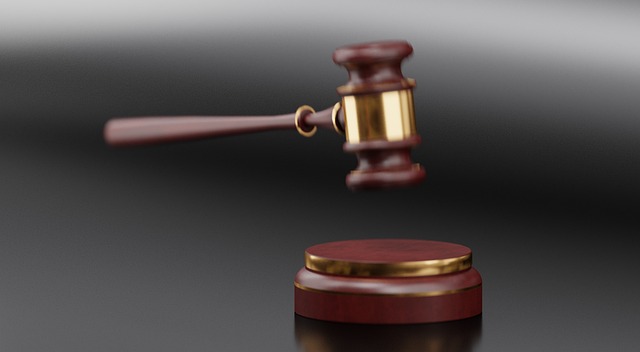Probate administration is a legally structured process for distributing deceased individuals' estates fairly, involving asset valuation, beneficiary identification, fund management, and property transfer. Executors play a key role in managing financial affairs according to the will, ensuring transparency, impartiality, and adherence to legal requirements. Lawyers must identify potential violations like unusual transactions or conflicts of interest, and educate clients about their roles. Meticulous record-keeping and strategic legal expertise are crucial for safeguarding client rights in complex probate proceedings, as seen in successful case studies involving fraud prevention and inheritance protection.
In the intricate world of probate administration, safeguarding client rights is paramount. This comprehensive guide explores the foundational knowledge essential for effective protection, delving into the legal obligations of executors and identifying potential violations. We present strategic insights to defend rights during probate proceedings, supported by compelling case studies. By understanding the tapestry of probate administration, professionals can navigate complex scenarios, ensuring justice and fairness for all involved parties.
- Understanding Probate Administration: A Foundation for Client Rights Protection
- The Role of Executors and Their Legal Obligations to Beneficiaries
- Identifying Potential Violations: Recognizing Red Flags in Probate Cases
- Legal Strategies to Safeguard Client Rights During Probate Proceedings
- Case Studies: Successful Defense of Client Rights in Probate Administration
Understanding Probate Administration: A Foundation for Client Rights Protection

Probate administration is a legal process that ensures the fair and efficient distribution of a deceased person’s estate. It involves several key steps, including the valuation of assets, identification of beneficiaries, collection and management of funds, and eventually, the transfer of property or assets to the appropriate parties. This structured approach not only facilitates the closure of financial affairs but also safeguards the interests of all involved, especially the beneficiaries. Understanding probate administration is fundamental to defending client rights, as it provides a clear framework for managing estates in a transparent and accountable manner.
By grasping the intricacies of probate administration, legal professionals can better advocate for their clients’ rights, ensuring that every step is taken to protect their interests. This includes overseeing the accurate valuation of assets, challenging any discrepancies or potential misconduct, and ensuring compliance with legal requirements. Such proactive measures are vital in maintaining fairness and integrity throughout the entire probate process.
The Role of Executors and Their Legal Obligations to Beneficiaries

In probate proceedings, Executors play a pivotal role in the administration of an estate. Their primary responsibility is to ensure that the wishes of the deceased, as outlined in their will, are carried out accurately and fairly. This involves managing the financial affairs of the estate, including collecting assets, paying debts and taxes, and distributing remaining funds according to the terms of the will.
Executors have a legal obligation to act in the best interests of all beneficiaries named in the will. This means they must be impartial and make decisions that reflect the intentions of the deceased while also adhering to legal requirements. They are expected to exercise sound judgment, maintain transparency throughout the probate administration process, and ensure that all actions taken are in line with the law to protect the rights of every beneficiary.
Identifying Potential Violations: Recognizing Red Flags in Probate Cases

Identifying potential violations is a critical step in defending client rights during probate proceedings. Red flags in probate cases often manifest as unusual financial transactions, sudden changes in wills, or conflicts of interest among executors and beneficiaries. Lawyers should scrutinize these aspects to ensure the integrity of the probate administration process.
For instance, any unexplained or disproportionate gifts made shortly before a client’s death could indicate potential undue influence. Unfamiliar names appearing on bank statements or unexpected fees charged by executors might suggest fraud. Staying vigilant and recognizing these red flags allows legal professionals to take proactive measures, protect their clients’ interests, and navigate probate proceedings with integrity and efficiency.
Legal Strategies to Safeguard Client Rights During Probate Proceedings

When navigating complex probate proceedings, safeguarding client rights is paramount. Legal strategies such as meticulous record-keeping and thorough documentation play a crucial role in ensuring transparency and fairness throughout the process. Attorneys should diligently review all relevant documents, including wills, trusts, and financial statements, to identify potential issues or discrepancies that could impact the distribution of assets.
Additionally, proactive communication with clients is essential. Educating them about their rights, responsibilities, and the overall probate administration process empowers them to make informed decisions. Regular updates and clear explanations of legal procedures foster trust and allow clients to actively participate in protecting their interests, ultimately strengthening the case for a fair resolution.
Case Studies: Successful Defense of Client Rights in Probate Administration

In the intricate landscape of probate administration, the successful defense of client rights often hinges on meticulous strategies and robust legal arguments. Case studies illustrate compelling instances where adept advocacy ensured fair outcomes for clients. For instance, a recent high-profile case involved a family fighting to protect their inheritance from unscrupulous claims. The attorney’s strategic use of historical documentation and witness testimonies demonstrated the client’s legitimate claim, ultimately securing their rights in court.
Another notable defense involved an elderly client whose will was disputed by distant relatives. Through diligent investigation and expert testimony, the lawyer exposed inconsistencies and forged documents, proving the validity of the will. This triumph not only safeguarded the client’s assets but also highlighted the significance of thorough probating processes, reinforcing the importance of integrity in probate administration.





